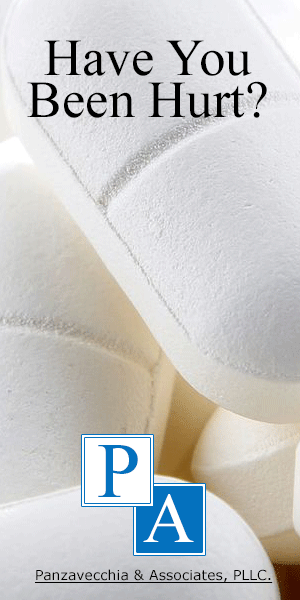The giant pharmaceutical conglomerate Johnson & Johnson (J&J) has faced some serious allegations this year with respect to its most promising star product Invokana. The company had sales of $71.9 billion for the full-year 2016, an increase of 2.6% compared with its 2015 sales. Sales soared due to millions spent by the company in promoting and advertising Invokana.
However, the Q1 2017 sales report released by the company confirms that U.S. sales of Invokana have fallen by 16.8%. This was coupled with another major blow in May this year with the release of interim results of two major clinical trials results which have established that canagliflozin, the generic form of Invokana, Invokamet, and Invokamet XR, causes an increased risk of leg and foot amputations. Following this release, the Food and Drug Administration (FDA) required a black box warning to be added to all canagliflozin products indicating the serious risks associated with the drug. However, the FDA has not required a recall or pulled the medication from the market completely.
Invokana sales have grown rapidly since its launch in 2013 owing to the fact that it was the first SGLT2 inhibitor in the market. Though a little higher cost, it had other advantages: once a day dosage, it dumped glucose directly into the urine from the kidneys, no weight gain, and minimal Hypoglycemia; it also scored on the fact of being a much-needed new treatment option to help adults with type 2 diabetes. Because of its powerful diuretic action, it also tended to lower a person’s systolic blood pressure, including a 3 percent weight loss when compared to subjects taking a placebo. These also became strong reasons for generating off-label prescriptions for the product. The company listed vaginal yeast infections and urinary tract infections as the most common side effects.
Though it is a cash cow for the company, Invokana, along with other SGLT 2 inhibitors, has been the subject of several of FDA safety alerts. The FDA has also issued warnings to patients who are taking SGLT2s and are suffering from nausea, vomiting, difficulty breathing, confusion, abdominal pain and unusual fatigue or sleepiness to seek medical attention immediately. These symptoms are related to a condition called ketoacidosis that happens when the body produces too many acids called ketones. The buildup of ketones may result in diabetic ketoacidosis (DKA) needing further treatment.
As Invokana sales are dropping, the company is also facing growing product liability litigation involving diabetic ketoacidosis and other side effects allegedly associated with its use. Plaintiffs who suffered kidney damage or ketoacidosis and other serious complications due to treatment with Invokana or Invokamet have filed more than 230 lawsuits. These cases have now been centralized in a multidistrict litigation: Invokana [Canagliflozin] Products Liability Litigation, MDL Docket No. 2750, and are currently underway in the Federal Court of New Jersey, against the drug. The Court is expected to begin bellwether trials in September 2018. Reports also suggest new legal challenges are still being raised and two new cases have been added in New Jersey earlier this month.
Bellwether trials are designed to achieve value ascertainment function for settlement purposes or to answer troubling causation or liability issues, these mass tort trials will act as test cases wherein the verdicts could provide insight on future Invokana lawsuits and J&J’s potential liability.
The latest warning to be added to the labeling is not just a warning but a powerful piece of evidence as the risk of developing ketoacidosis is significant enough to warrant a warning, so why didn’t J&J make it a part of the label from the beginning.
This article was submitted by Neural IT. Neural IT provides cost effective and timely medical reviews for screening potential mass tort cases. For more information, please visit www.neuralit.com. You may email us at info@neuralit.com or call +1-844-NIT-TEAM (648-8326).



Leave a Reply